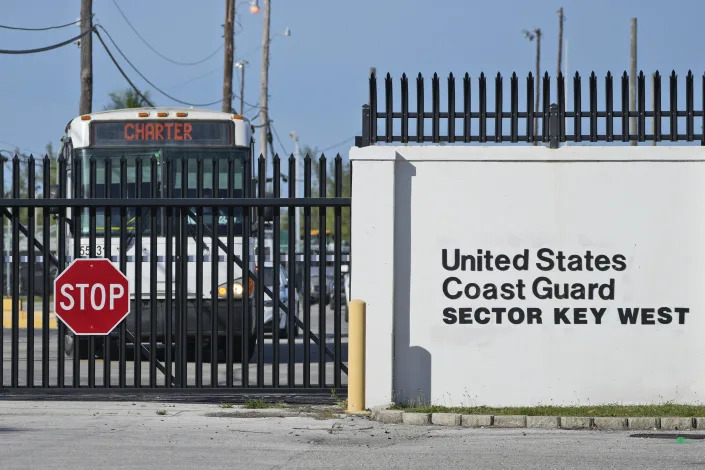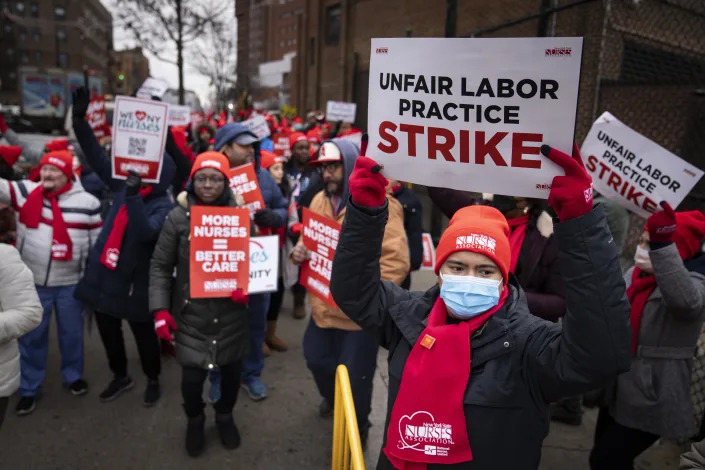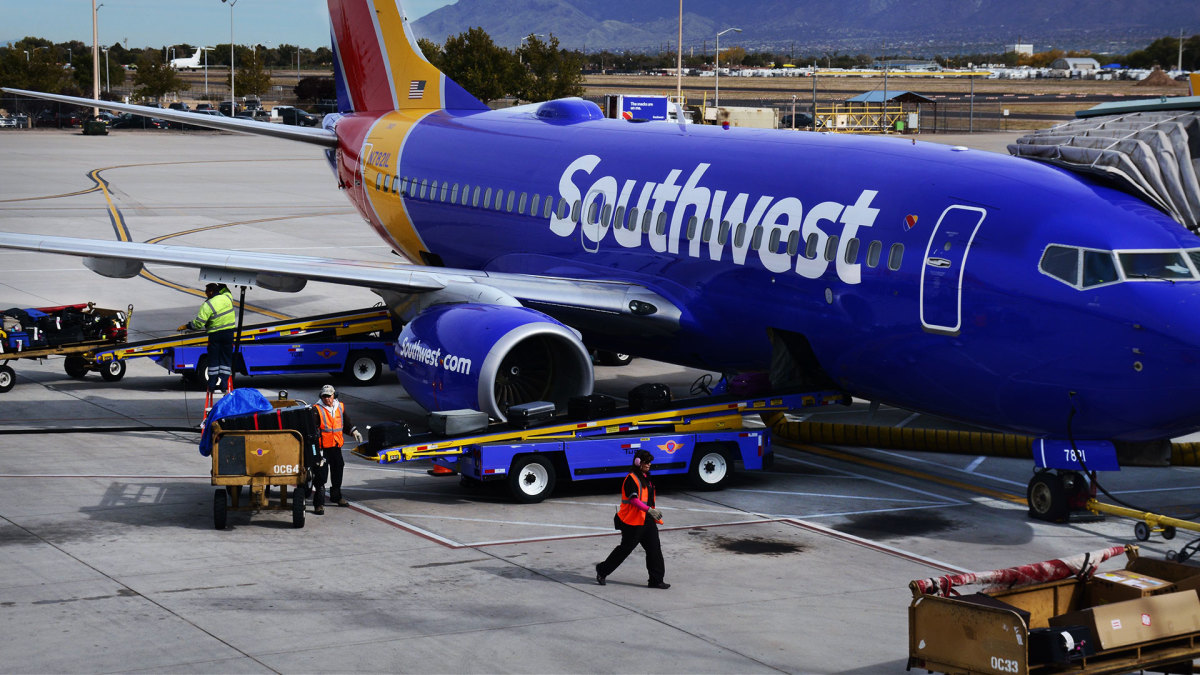Adrián del Río, Humboldt postdoctoral fellow, WZB Berlin Social Science Center.
THE CONVERSATION
Thu, January 12, 2023
Since Russia’s invasion of Ukraine in February 2022, Russian president Vladimir Putin’s political strategy has underlined that economic, military and political power is in his hands. The most obvious demonstration of Putin’s authoritarian rule has consisted of extended meetings with his government’s security council, whose members seem to merely approve the president’s decisions.
Meanwhile, key regime elites within the law enforcement agencies, the Federal Security Service (FSB), oligarchs, the United Russia party, the National Guard and state-owned media are caught in the middle of a brutal war, economic pressures and societal discontent.
We are searching for signals that allow us to predict when and how the war will end. And, in doing so, it’s easy to ignore the role regime elites might play. Coups are acknowledged as unlikely, many business people’s wealth is deeply connected to the Kremlin and the presence of yes-men around Putin perpetuate the idea that regime elites merely rubber-stamp Putin’s decisions.
On the whole, this may be true. However, as research in authoritarian politics shows, no matter how much power is concentrated in a few hands, a regime’s survival depends on keeping its elites cooperative. Were Putin to lose their assistance tomorrow, he would be deprived of their resources, networks and supporters, which are needed to control the masses, win elections and implement policies.
Divisions within the elites and regime collapse
The scale and brutality of war, economic pressures and societal discontent can provide fertile ground for divisions in countries like Russia and Belarus. Elites begin to dissent from the official message and might not act as an seemingly united front anymore.
Some expressions of dissent, like the resignation of Putin adviser Anatolii Chubais, have given a fleeting glimpse into elite dynamics at play in Russia. However, their failure to trigger the breakdown of the regime might have turned wishful thinkers into pessimists.
We haven’t seen what happens when high level Kremlin insiders speak out against Putin or genuinely challenge him. While some splits among the elites may have no effect at all, it is also true that sometimes they can induce political change.
From a comparative perspective, we recently published a study that shows that in 40% of cases, major elite divisions in autocracies – that is, widespread disagreements over the government’s policy and leadership direction – trigger political liberalisation afterwards. These influential elites are current and former ministers, members of parliament or the party leadership, regional and municipal leaders, and opinion leaders who are not necessarily part of the ruling party. By breaking away, they expose regime weaknesses and force authoritarian leaders towards democratic reforms.
Many authoritarian governments try not to reach this point, preventing elite divisions from becoming public. But this requires constant management.
Thu, January 12, 2023
Since Russia’s invasion of Ukraine in February 2022, Russian president Vladimir Putin’s political strategy has underlined that economic, military and political power is in his hands. The most obvious demonstration of Putin’s authoritarian rule has consisted of extended meetings with his government’s security council, whose members seem to merely approve the president’s decisions.
Meanwhile, key regime elites within the law enforcement agencies, the Federal Security Service (FSB), oligarchs, the United Russia party, the National Guard and state-owned media are caught in the middle of a brutal war, economic pressures and societal discontent.
We are searching for signals that allow us to predict when and how the war will end. And, in doing so, it’s easy to ignore the role regime elites might play. Coups are acknowledged as unlikely, many business people’s wealth is deeply connected to the Kremlin and the presence of yes-men around Putin perpetuate the idea that regime elites merely rubber-stamp Putin’s decisions.
On the whole, this may be true. However, as research in authoritarian politics shows, no matter how much power is concentrated in a few hands, a regime’s survival depends on keeping its elites cooperative. Were Putin to lose their assistance tomorrow, he would be deprived of their resources, networks and supporters, which are needed to control the masses, win elections and implement policies.
Divisions within the elites and regime collapse
The scale and brutality of war, economic pressures and societal discontent can provide fertile ground for divisions in countries like Russia and Belarus. Elites begin to dissent from the official message and might not act as an seemingly united front anymore.
Some expressions of dissent, like the resignation of Putin adviser Anatolii Chubais, have given a fleeting glimpse into elite dynamics at play in Russia. However, their failure to trigger the breakdown of the regime might have turned wishful thinkers into pessimists.
We haven’t seen what happens when high level Kremlin insiders speak out against Putin or genuinely challenge him. While some splits among the elites may have no effect at all, it is also true that sometimes they can induce political change.
From a comparative perspective, we recently published a study that shows that in 40% of cases, major elite divisions in autocracies – that is, widespread disagreements over the government’s policy and leadership direction – trigger political liberalisation afterwards. These influential elites are current and former ministers, members of parliament or the party leadership, regional and municipal leaders, and opinion leaders who are not necessarily part of the ruling party. By breaking away, they expose regime weaknesses and force authoritarian leaders towards democratic reforms.
Many authoritarian governments try not to reach this point, preventing elite divisions from becoming public. But this requires constant management.
Heading break-ups off at the pass
With Russia’s military failures mounting, Putin has resorted to an ever-expanding menu of authoritarian control to ensure that regime elites follow his command.
Some of those who waver in their commitment are reappointed to prominent positions as a way to reward future cooperation. After the order to invade Ukraine, the discomfort of the central bank governor, Elvira Nabiullina, and of the chairman of the state bank VTB, Andrei Kostin, led to their renominations.
Discontent and defections of low-ranking personnel in the state propaganda apparatus triggered a wave of resignations by journalists and popular news readers. However, state media managers prevented these resignations from spreading further by offering bonuses or using disciplinary measures such as inspections or expulsions.
Meanwhile, Putin has eliminated credible challengers, such as Alexei Navalny, and resorted to blunt repression to crack down on societal dissent. Many opposition figures have left the country, and cases of treason have been punished. This discourages regime elites from joining the opposition camp.
Resources are finite
Of course, an influential faction of pro-war elites exists. The above examples clearly show that the Russian authorities are investing significant resources in order to maintain the loyalty of those who are central to the regime, and identify and punish disloyalty while fighting a war abroad.
But resources to keep elites cooperative are finite. These facts underscore the increasing medium and long-term costs of governance in times of growing discontent.
For example, Russia’s latest military failures have encouraged ferment at the top. Even among pro-war elites, this issue can serve as an opportunity to climb the political ladder at the expense of others, increasing dissatisfaction among those who are deprived of political positions and Putin’s attention or who find themselves in the spotlight of blame.
Moreover, since Russia’s elites have seen that the war has only made their future more precarious, it will be hard to convince them to embrace another round of escalation in exchange for appointments, economic benefits and other promises of privileges.
As the conflict continues, signals of weaknesses and uncertainty prompt splits among the Russian elites, forcing authoritarian leaders to change the ruling strategy. As of today, it is unclear whether this change will bring liberalising reforms, further repression or regime collapse. But it is clearer that divisions can put at stake sustaining the war and curbing classic domestic threats (e.g., protests, power struggles, lose elections). The Russian regime is battling on many fronts at home and abroad.
Este artículo fue publicado originalmente en The Conversation, un sitio de noticias sin fines de lucro dedicado a compartir ideas de expertos académicos.
Ukraine recap: Putin’s trip to Minsk fuels fears of a bleak and bloody new year
Poland dreams of building Europe’s largest army, against backdrop of Russia’s war against Ukraine
















